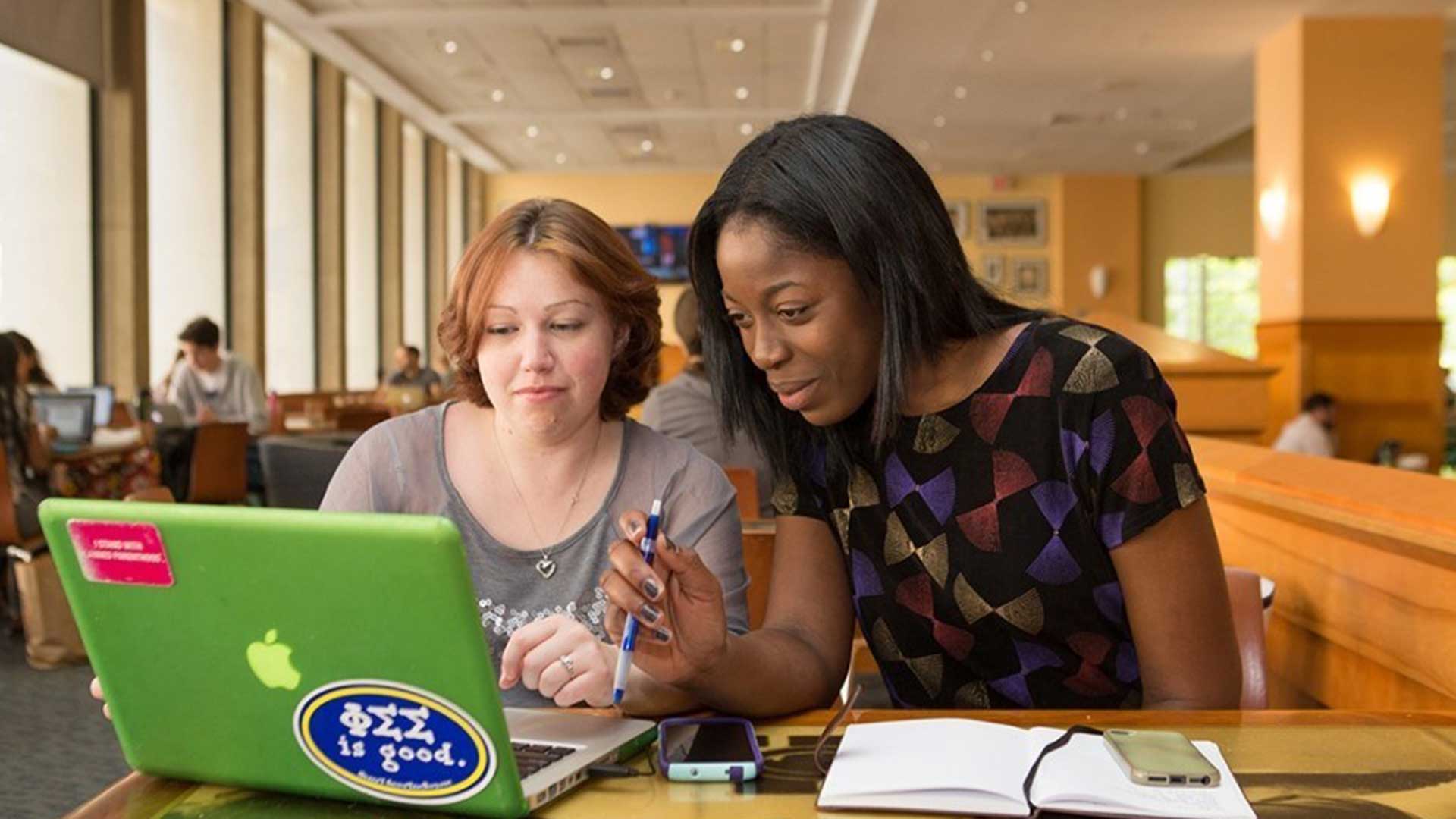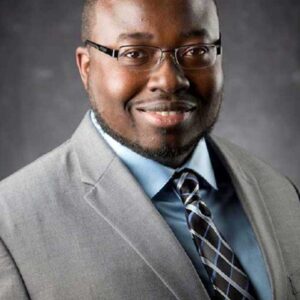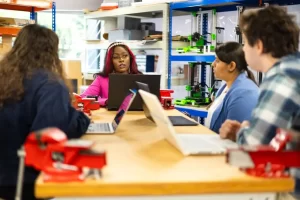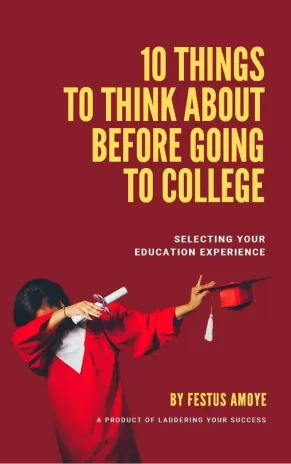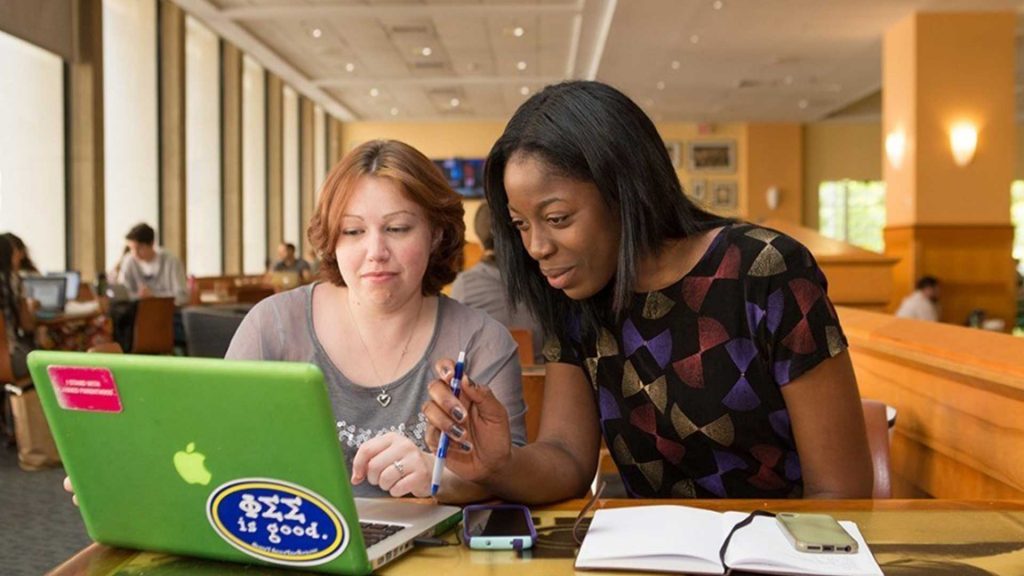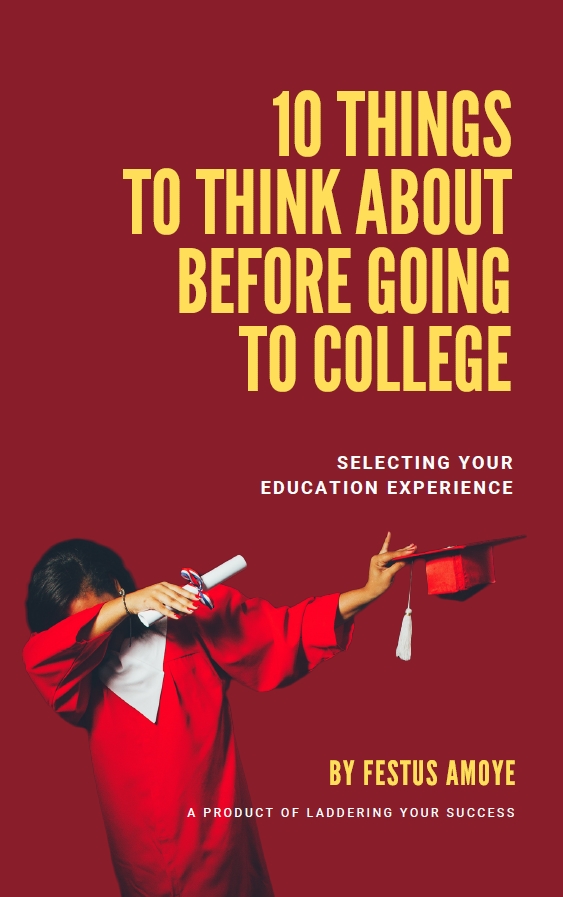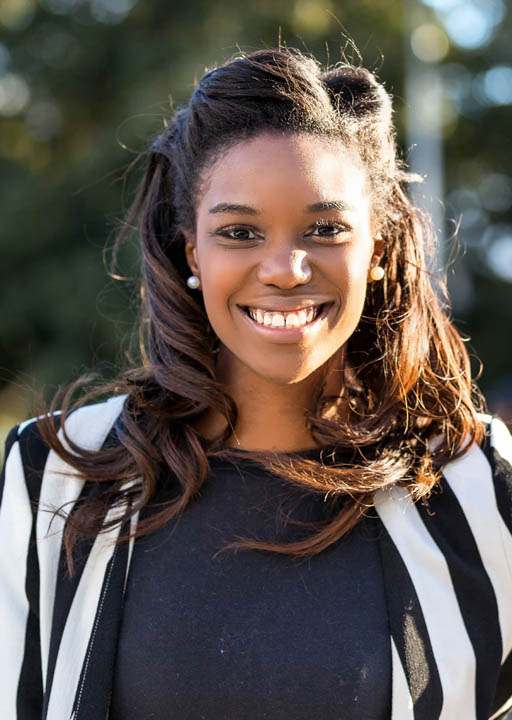Transformational Education That Lasts
“Education is not preparation for life; education is life itself.”
― John Dewey
When we hear the word education, we associate it with the institutions that are charged with providing it. This association of education with organizations is at the core of debates: such as how to address increasing college tuition rates or how to best incorporate technology into our modern-day curriculum. Let’s move away from this traditional definition and look at five components of a more modern definition of education, focusing on what it means, and most importantly what it should accomplish.
Educational Component #1: Transformational Education Lasts a Lifetime
You or I can learn on our own. But what does it mean to truly know? Without continuous application and contrast to draw from how can we measure our knowledge? Siloed learning is problematic. Learning about careers and life needs to continuously occur in conjunction with the general knowledge that formal schooling provides.
The absence of diverse and dynamic mentoring solutions is the same as learning on our own. How do we accurately measure growth if not toward the goal of a fruitful career? The obvious symptom of this is a dangerously polarized and emotionally vulnerable society.
Educational Component #2: Teachers are Mentors But They Shouldn’t Be A Child’s Only Mentors!
“When the student is ready, the teacher will appear.” – attributed to Buddha
The teacher is critical to the student. Students should always have a loving and supportive teacher. A powerfully motivated teacher is like the never-ending trail in Alice in Wonderland. It is that limitless in its potential!
Continuous and hyper-individualized mentorship is not only viable its finally technologically achievable. All that is required is that a student needs to: 1) Know basic facts and processes; 2) Know how they learn best; 3) Know how to select a mentor for where they want to go; 4) Be open to incorporating the general knowledge they learn in schools within the specialized body of knowledge they are building throughout the mentoring process.
The goal here is to push students from reacting, and moving them into proactively and/or methodically responding. Responding is a massive step above reacting. Teachers provide curriculum and so much more. Life does this as well.
School is about reacting while life with all its trial and tribulations is about responding strategically. Our goal at LYS is to marry the two by helping students appropriately react using their traditional educational experiences while responding strategically to hardships drawing from highly-tailored career mentorship.
The conscious learner can and should be equipped to take ownership of his or her learning process. The conscious learner has three veracities that the existing and responsive learner still lack: Character, Values, and Principles.
Character is all about knowing what makes you valuable. Learners should understand how their values, or lack thereof, can impact their journey towards self-actualization. Principles ground and guide conscious learners in times of uncertainty as the gaps of instruction are inevitable.
Educational Component #3: Change Is The Only Constant So Students Need To Be Prepared For It.
“The only true wisdom is in knowing you know nothing.”
― Socrates
In our technological age, change requires unabated personal adaptability. Knowing something is simply ineffective. It hurts to say this, but brain dumping is a necessity. According to an article on Stop Ads, the average adult receives over 5,000 marketing messages a day. New products, services, and applications of information cause us to block out data, quickly forgetting what is not deemed as valuable, or even creating mental filters to block out superfluous data.
As a suggestion to a knowing what to know, teachers, mentors, and parents can instruct their students in seeking to understand what is true, what are the facts, and what they can go with that knowledge. Students are continuously attempting to grasp the elemental aspects of information, situations, and people. Our 21st-century definition of education must foster this natural process by marrying formal schooling with custom-tailored mentoring approaches.
A prime example would be enrolling in college. There are many college choices to make, but by knowing what the desired outcome is, the student and their family can eliminate irrelevant choices. These choices, for example, could be institutions such as questionable for-profit schools that do not enable certifications due to lack of critical regional accreditation.
Educational Component #4: Horton Heard a Who, But Should Have Been Listening For A How.
“I did then what I knew how to do. Now that I know better, I do better.”
― Maya Angelou
The next critical component of 21st-century education is the concept of how. How is powerful because it leads to strategic action. It’s a question indicating thought and preparation for activity. In most formal or academic settings, how is plain. Following the directions, protocols, and instructions given tell us how to do a thing. How in these settings is so stripped of challenge that it leads to conditioned reactions.
But, the best way to strategically and methodically respond is not always clear. This is truer with long term goals that are often vulnerable to life’s challenges: such as graduating from college.
It is our firm belief that “the how” can be maximized. Think about this for a moment, in any college graduating class roughly 50% of students will not work in the field that they graduated in. Students that did graduate and earned a job outside their field of study somehow made the best out of a rather mundane occurrence. Maximizing “the how” occurs when we identify at our core with a deeper sense of intention and an infinite sense of possibility.
Educational Component #5: A Quality Education Acknowledges That Students Must Be Taught To Live In A Cold World.
“The goal of education is to enable individuals to continue their education.”
― John Dewey
In most classrooms, great lengths are taken to ensure that students are provided an incredible amount of support. Planning meetings, lesson plans, checks for understanding, and endless assessments are designed to enable students to follow strict directions. They are being groomed to react!
These supportive efforts become detrimental to the student as soon as they cross the stand with pomp and circumstance ringing in their ears. In our book we highlight that when it comes to life long success one must fully leverage education in conjunction with individual planning.
Planning means responding strategically, often well in advance of potential pitfalls. Modern educational planning must take into account developing the learner’s internal grit, fostering their capacity for strategically responding, all while not needlessly overloading educators or hamstringing educational institutions.
Being well-intended is rarely an issue for students. Plans, however, don’t execute themselves. The process of being consistent, disciplined, is the key to educational and lifelong success.
Our core conviction is that poverty doesn’t hamper educational attainment, it does something more insidious, it robs us of the belief that our actions make a difference in the outcome. It fosters in those touched by it, regardless, of race or life setting, a sense that the die has been cast well in advance. That they are powerless.
Execution is an ongoing process regarding education and more importantly lifelong success. If we parse the Latin etymology of education, we find words such as uplift, caution, or care.
A well-structured education constantly uplifts the concerns of the learner bringing some very real sense of closure. It is our mission to combine consistent, easily applicable curriculum-based supports along with highly specialized and individualized mentoring services. To borrow a common sales cliche: 21st-century education should always be closing!
Closing Thoughts
Being, knowing, and doing operate or are expressed in seven key domains: education, cultural, health, financial, spiritual, vocational, and social. These domains are immutable as they provide individual and societal structure.
If we empower the student in their being, knowing, and doing we can create lifelong learners who in turn can help us forge a more productive society. The beginning of individualized learning is understanding that we can’t control all of the factors that encompass the learner. Learners must be ready to struggle. They must be prepared for its arrival years in advance. You can’t learn to ride the bicycle of life without falling occasionally. Training wheels merely delay the inevitable.
Here are some questions that I want to toss out to those of you reading this post. Does our educational system take some of these things lightly? Is the system just so unresponsive that it fails the students of today? Do you believe that schools appropriately expose and mentor students in advance of life’s greatest hardships?

